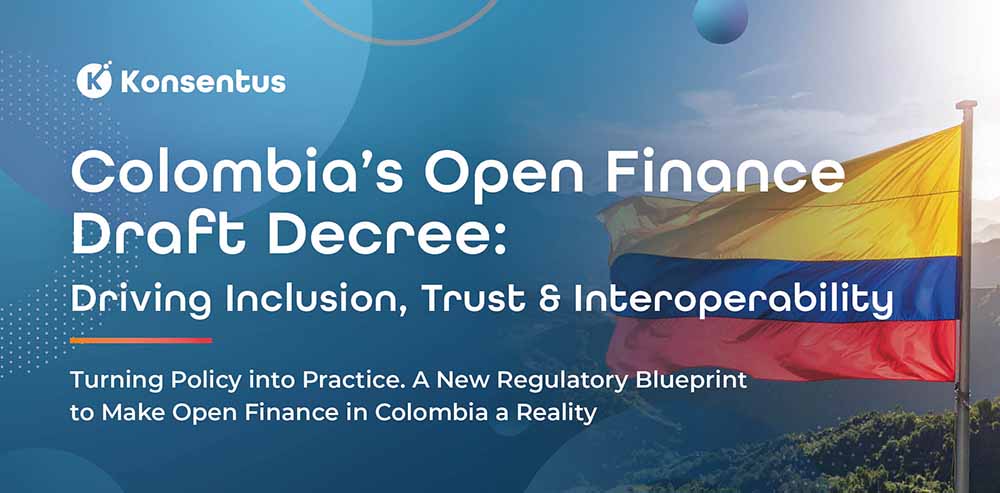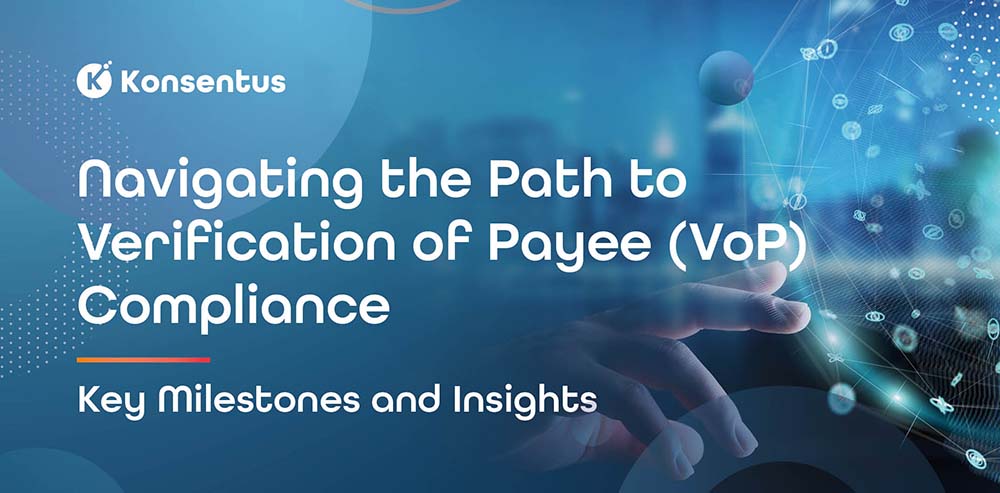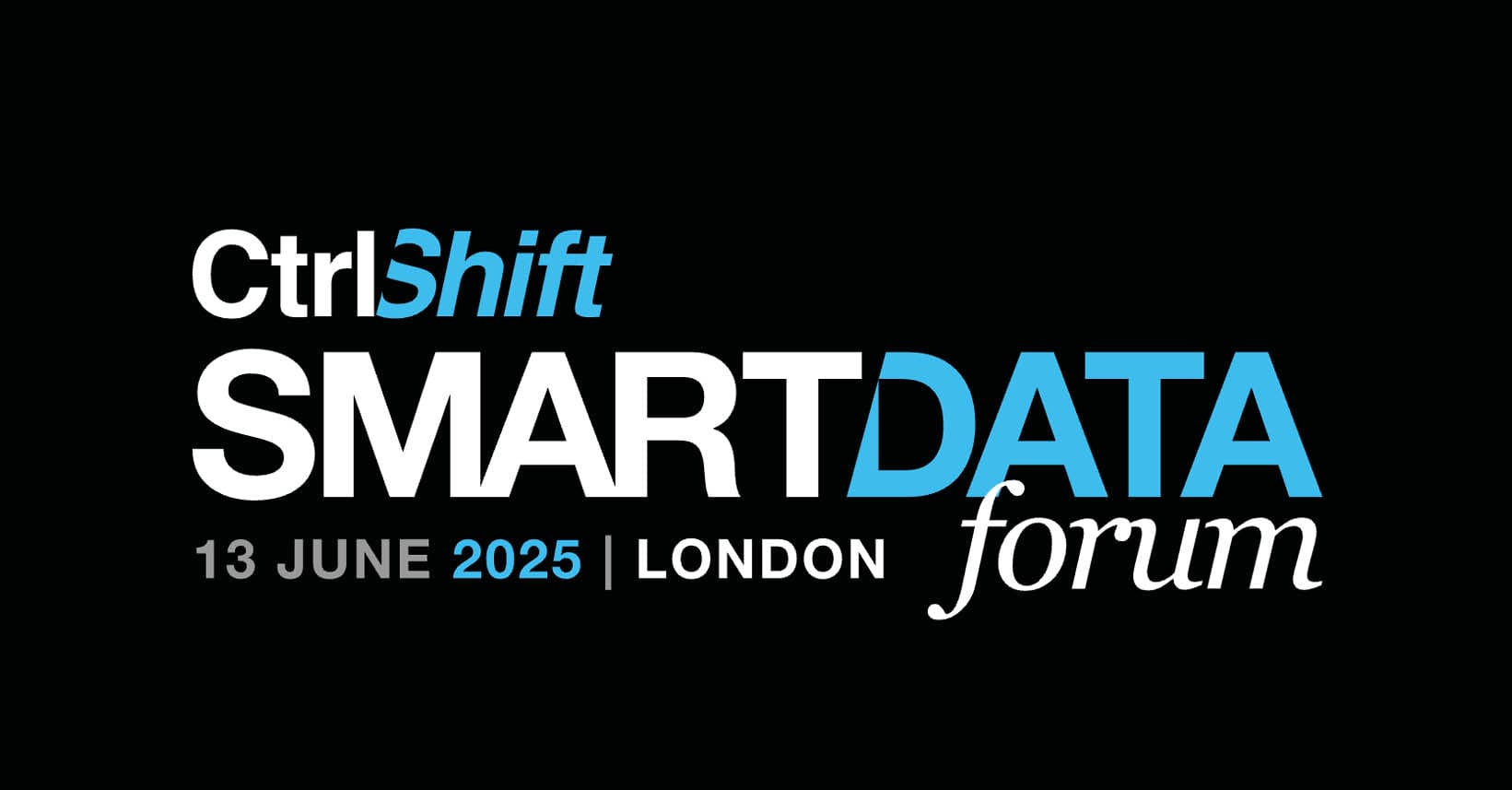The Revised Payment Services Directive (PSD2) mandates the European Banking Authority (EBA) to require the NCAs to gather and report fraud data to the EBA twice a year. In 2017, the EBA published Guidelines on fraud reporting under PSD2 to be implemented nationally, updated at the beginning of 2020.
On 17th January 2022, the European Banking Authority published a Discussion Paper on its preliminary observations on selected payment fraud data under the Payment Services Directive (PSD2). The EBA analysed payment fraud data reported by the industry for 2019 and 2020.
This Discussion Paper provides an overview of the preliminary patterns observed across several payment instruments, including some inconclusive patterns, which require additional analysis, and asked stakeholders to reply to questions until 19 April 2022. The EBA invited stakeholders to respond to the questions asked in the Discussion Paper.
Summary
The European Banking Authority (EBA) paper is helpful by enabling discussion about methodology and some first insights on applying Strong Customer Authentication (SCA). EBA’s transparency in publishing this and inviting feedback is highly appreciated.
The paper is not particularly useful in understanding Fraud in Europe or fraud within Access to Accounts (Open Banking). Nonetheless, the EBA aimed to initiate the discussions. While there are many reports about cards, there is little data about credit transfer fraud published across Europe, and this begins to address that.
| EBA Discussion Paper Findings | Critique of EBA Discussion Paper |
|---|---|
|
|
This content was originally published in July 2022 for participants of the Open Banking Exchange Membership Programme. It consisted of the Open Banking Exchange’ sole opinion as of its date of publication and was intended for general information of its members. It is now available for visitors to the Konsentus website. To access this content, please complete the form below.





